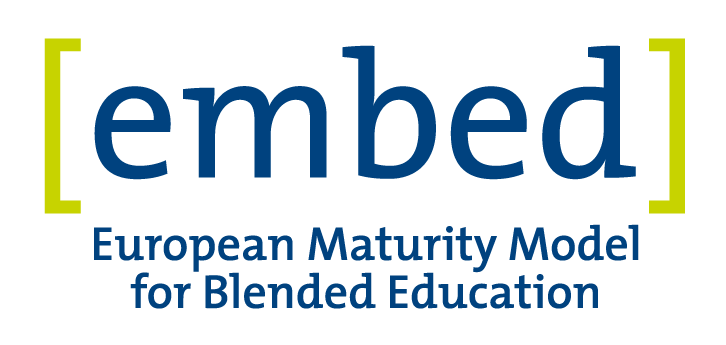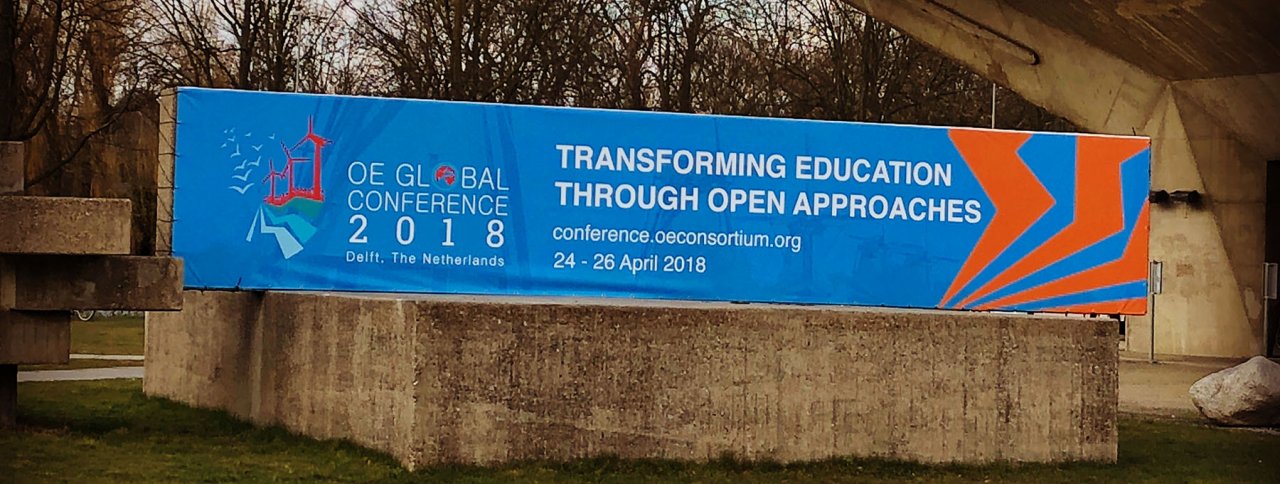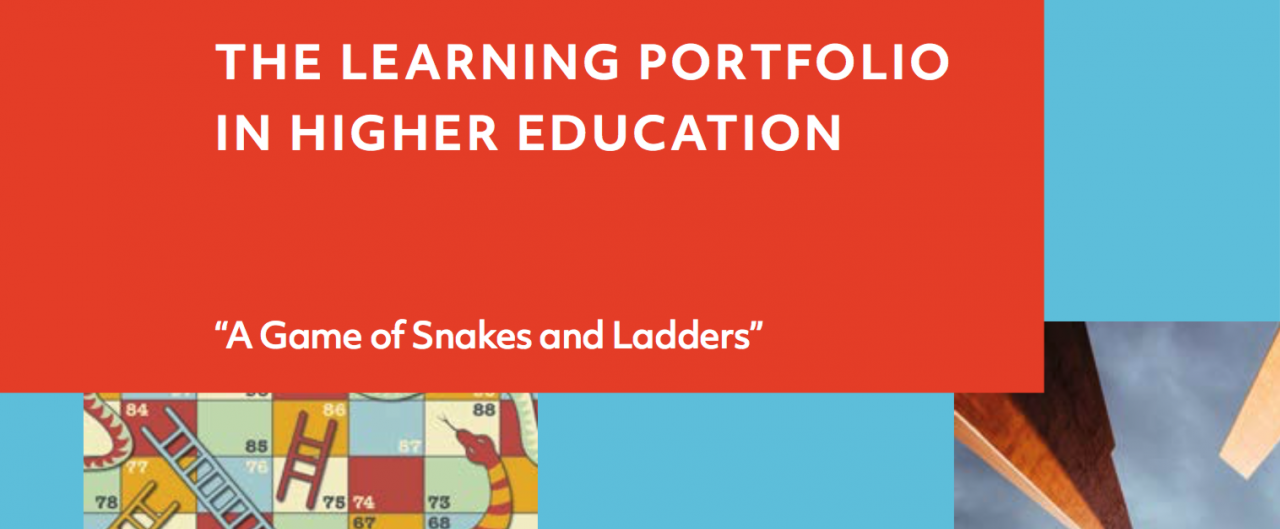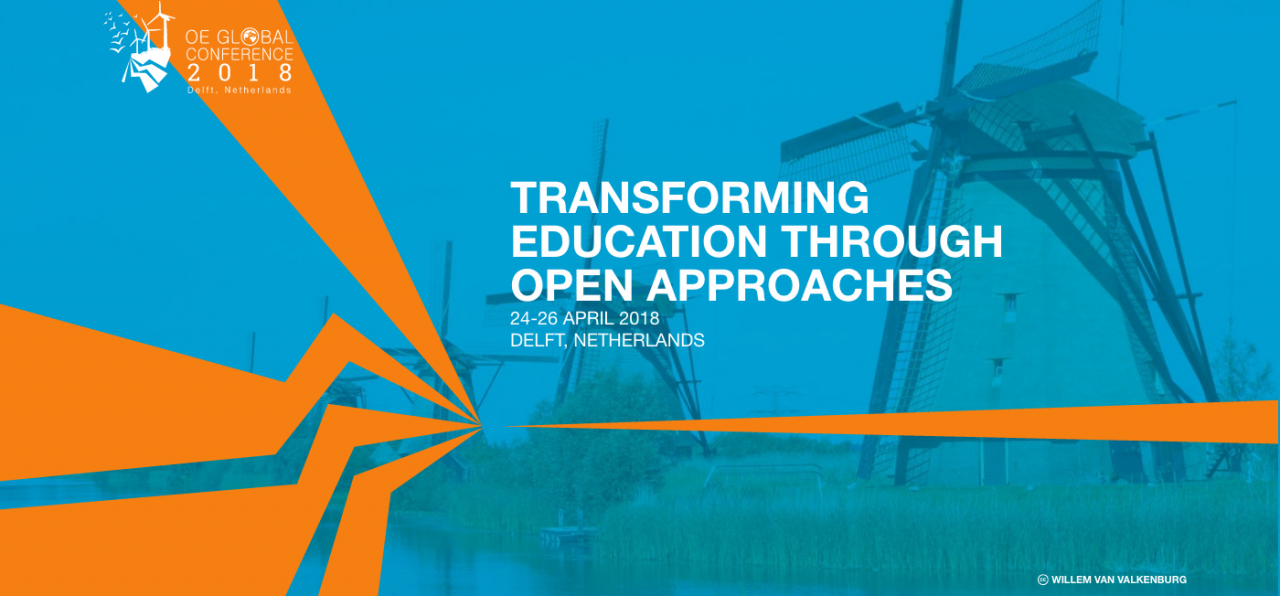This week I was invited to speak the 9th international e-learning conference of the Thailand Cyber University project. The theme of the conference was MOOCs and beyond. Normally I don’t hear or read a lot about the developments around MOOCs and online education in Asia, so this was good opportunity to learn.
Keynotes
They had a great line-up of keynotes with Paul Marca of Stanford Center for Professional development, Zoraini Wati Abas of Wawasan Open University Malaysia, Madya Alyani Ismail of Universiti Putra Malaysia, Malaysia, Dhawal Shah of Class Central, Masato Kajimoto of University of Hong Kong, Anuchai Theeraroungchaisri of Thailand Cyber University (TCU) Project and me.
General Impression
Every Asian country has initiated a national MOOC project in the last couple of years. Most of these projects are directly funded by the government. For example, the ThaiMOOC project is funded by three ministries (education, science & technology and ICT). In Thailand this project is included in the national education strategy 2017-2036(!).
Most of them use open.edx as platform to offer MOOCs. Most important reason is setup their own platform is the language. English is still a barrier for most Asian people. They all configured the platform in their native language(s). It is positive that they are using open.edx platform and not developing their own.
The goal of most projects is not specifically about MOOCs, but more about modernising the educational sector. What I understood is that the education sector was still very traditional and suffered from declining enrolments. A lot of students wanted to study abroad and now also online. The government needed to do something to kick-start this transformation and MOOCs were the perfect project to do this.











